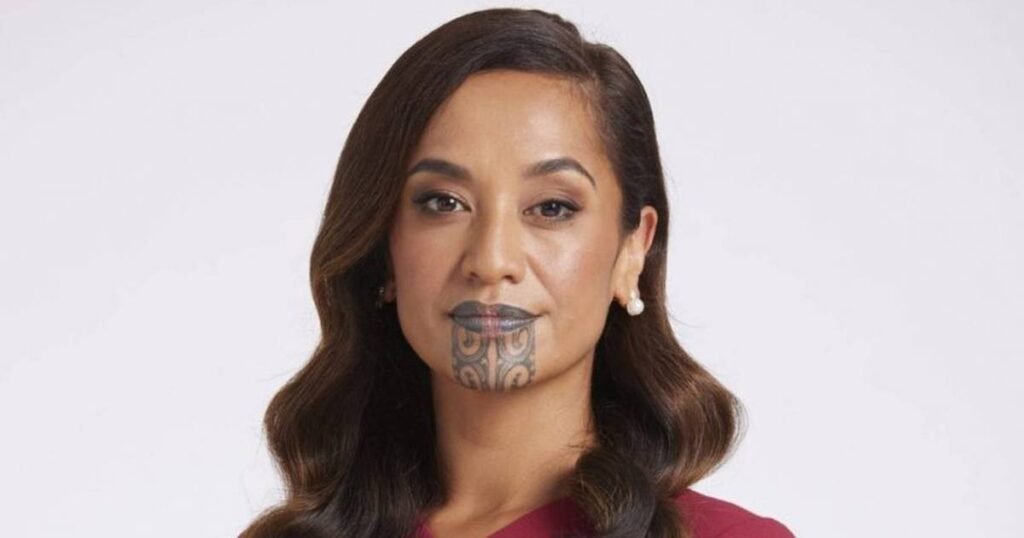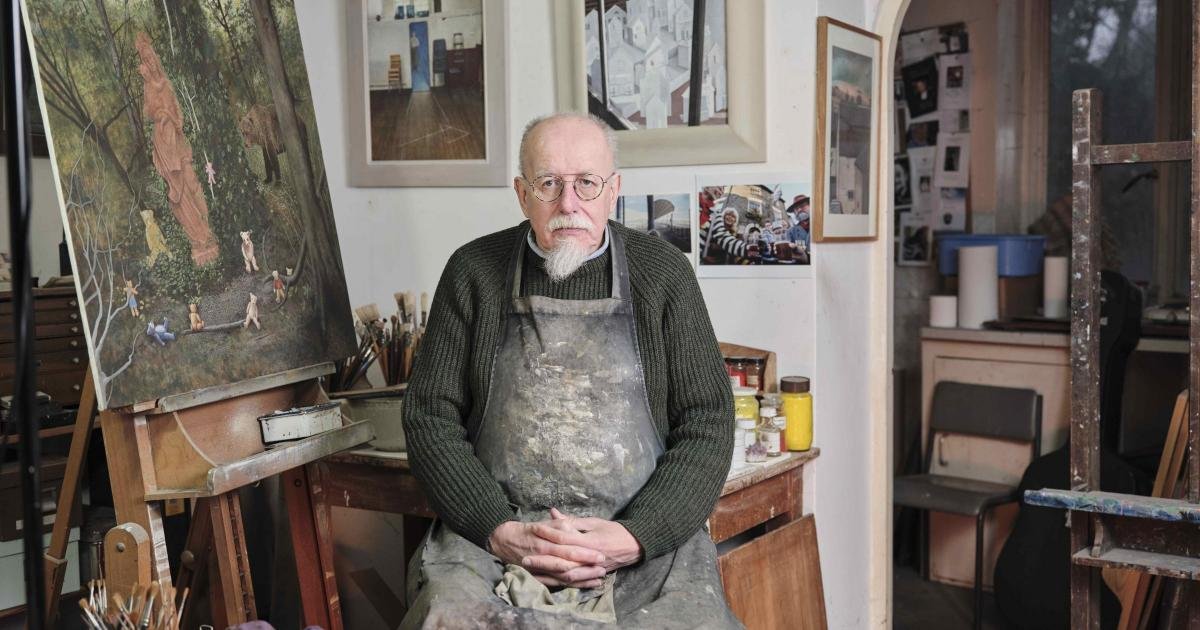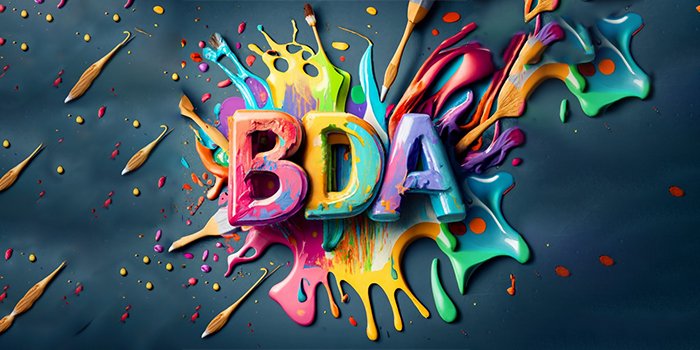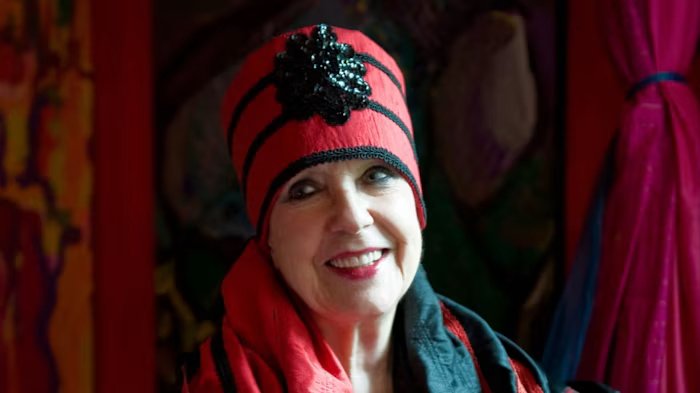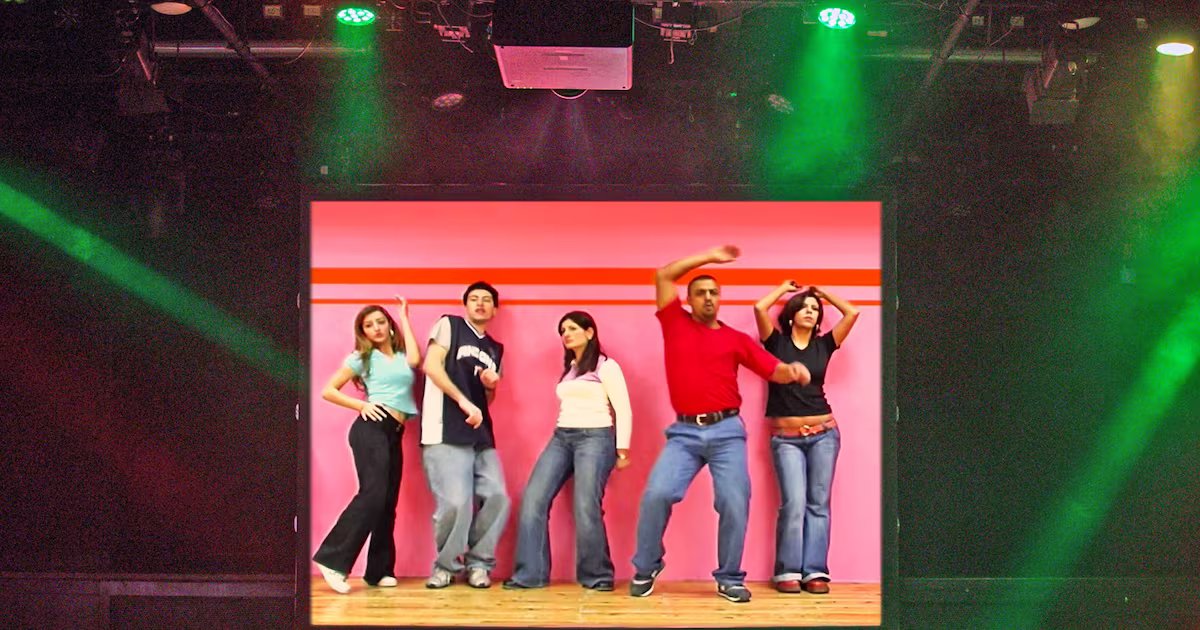Oriini Kaipara talks to Peata Melbourne about her likeness and moko kauae being adapted.
The likeness of ex-Newshub presenter Oriini Kaipara has once again been replicated without her knowledge or consent.
Kaipara, now the Māori cultural lead for the New Zealand Olympic Committee, posted the revelation on social media, beginning the caption with, “Here we go again.”
The caption accompanied screenshots of advertisements of an oil painting which clearly resembled her, and featured her notable moko kauae.
The artist, who identified himself as Warren Thomas on the platform Artwork City, is selling the painting of Kaipara for $1200.
Thomas said he’d moved from Africa to New Zealand, saying “moko tattoos have always inspired me as I have numerous tattoos myself”.
“This is a tribute to my new home, rugby, tattoos and the deep spiritual connections that unite all people under one God.”
Kaipara put Thomas on blast, saying he’s, “been in Aotearoa five minutes,” and that he’s “already assumed it’s okay to take a complete stranger’s face and make money off it.”
Even if he had asked permission, Kaipara firmly stated: “The answer is NO.”
“Donate those proceeds to the local kōhanga reo in your area. You can Google it.”
‘If I say yes now, when does it stop?’
In 2020, Oriini Kaipara was one of two Māori women painted by artist Samantha Payne without permission.
Speaking this afternoon to Te Ao Māori News, Kaipara said she felt “hōhā” (frustrated), saying she felt as if she, “did as much as I could the last time this happened.”
“Clearly it hasn’t. That message and that experience, hasn’t filtered throughout the art world.”
While she agreed it was a “compliment” and “deeply moving” that people were so inspired by her moko kauae, she also said she didn’t want her face to be sold in that respect.
“It’s commercialising something that’s really important to my whakapapa.”
ArtworkCity responds
Christian Mendoza, the founder and creative director of ArtworkCity.com, said the image was removed after “one or two complaints”.
He accepted the company was “disappointed” and intended to “take this as a learning curve”.
Mendoza pointed to the uploading process, saying “as an artist, we give them the benefit of posting what they should know would be culturally appropriate.
“When we approve the artist, we don’t handle the artwork they upload.”
He invited any advice from the Māori community on how to better screen content and ensure better outcomes.
Te Ao Māori News sought comment from the artist but his phone went straight to voicemail and we were instructed not to leave a message.

